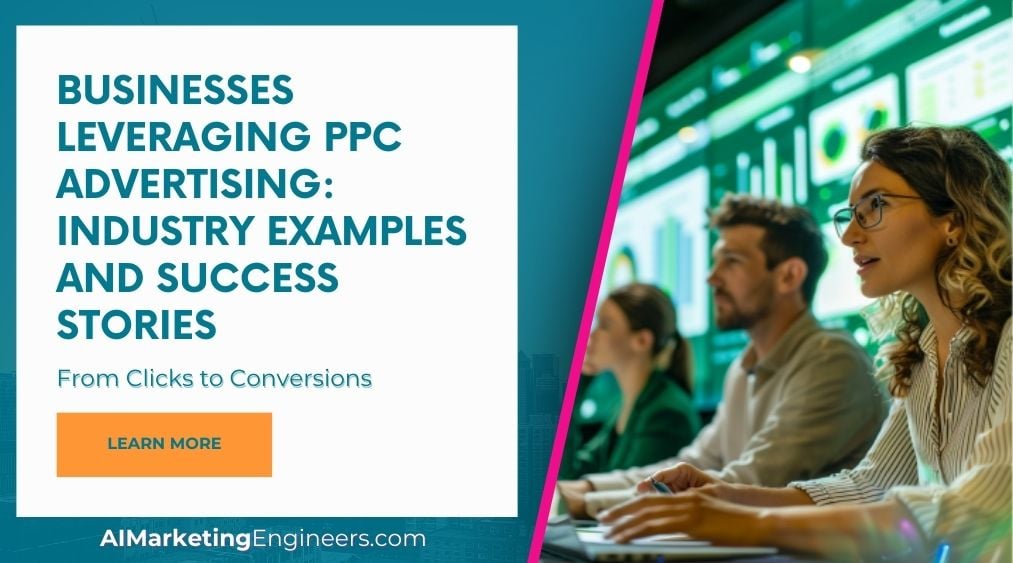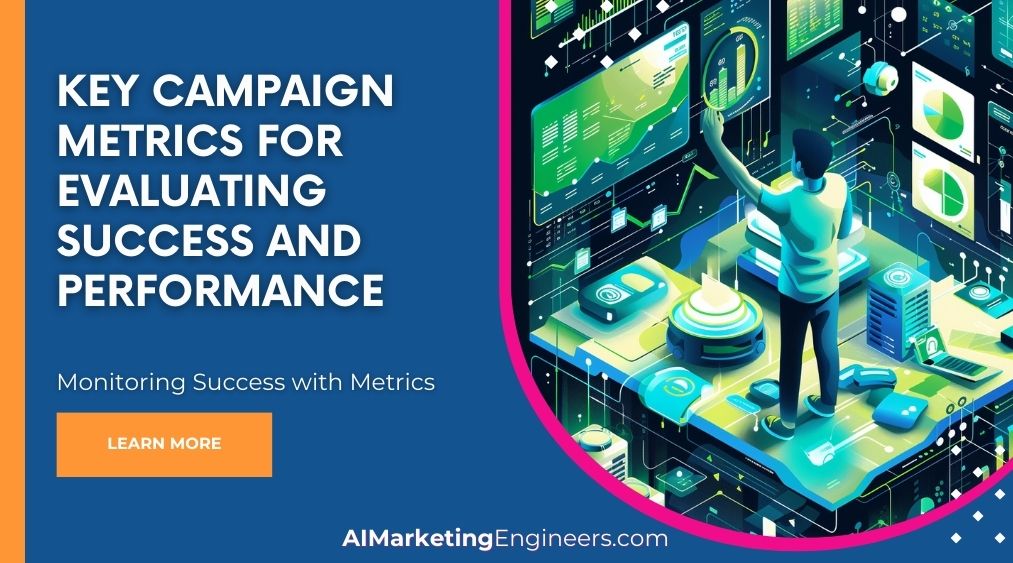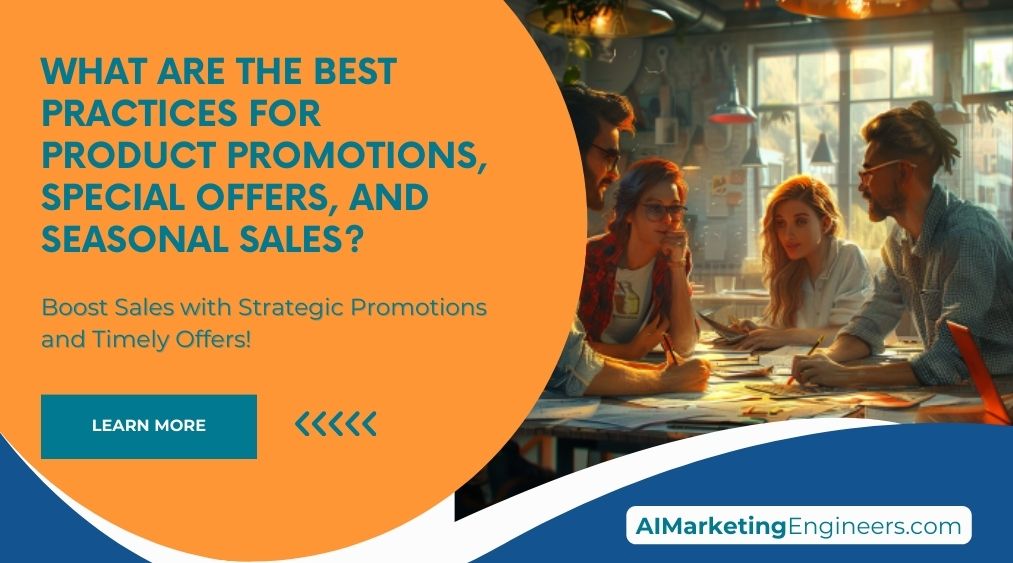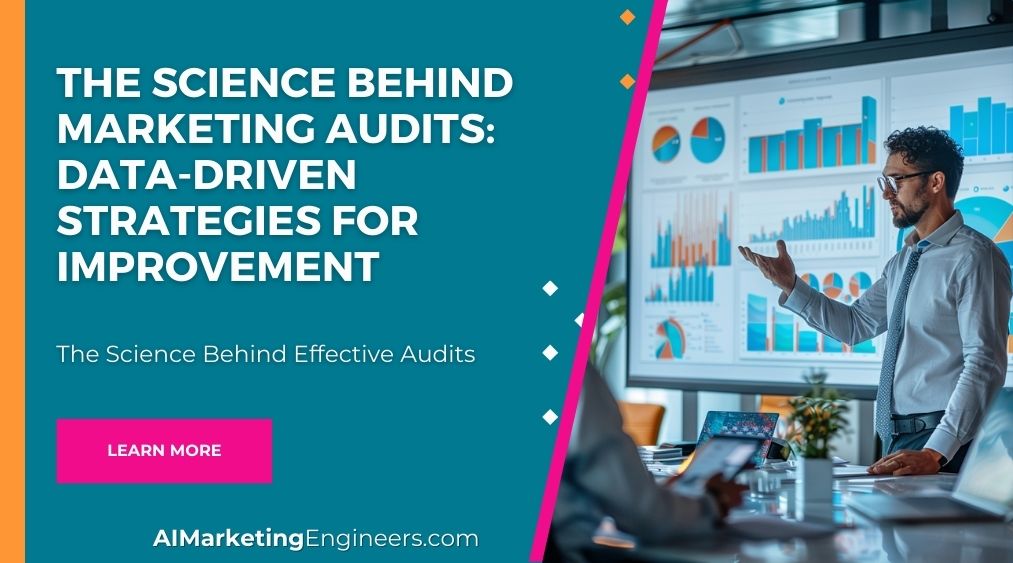Key Takeaways
✅ Diverse Industries Utilize PPC: PPC isn't just for the big players. From retail to tech, all sorts of businesses are tapping into this adaptable marketing channel. Statistics show that an average small business earns approximately $3 in revenue for every $1.60 they spend on Google AdWords. That's the kind of efficiency that makes PPC a go-to for ambitious growth plans.
✅ Benefits for Small Businesses: It's all about big dreams on small budgets. Small businesses often see PPC as a lifeline because it levels the playing field. They can reach potential customers at the exact moment they're searching, potentially increasing their site visits by 300% with the right ad and targeting in place.
✅ Industry-Specific Examples: Real stories resonate. Take the food delivery or legal services industries, for example, where PPC strategies have led to a 50% increase in conversion rates. It's about crafting the right message, offering timely deals, and reaching out to target audiences where they are most likely to engage.
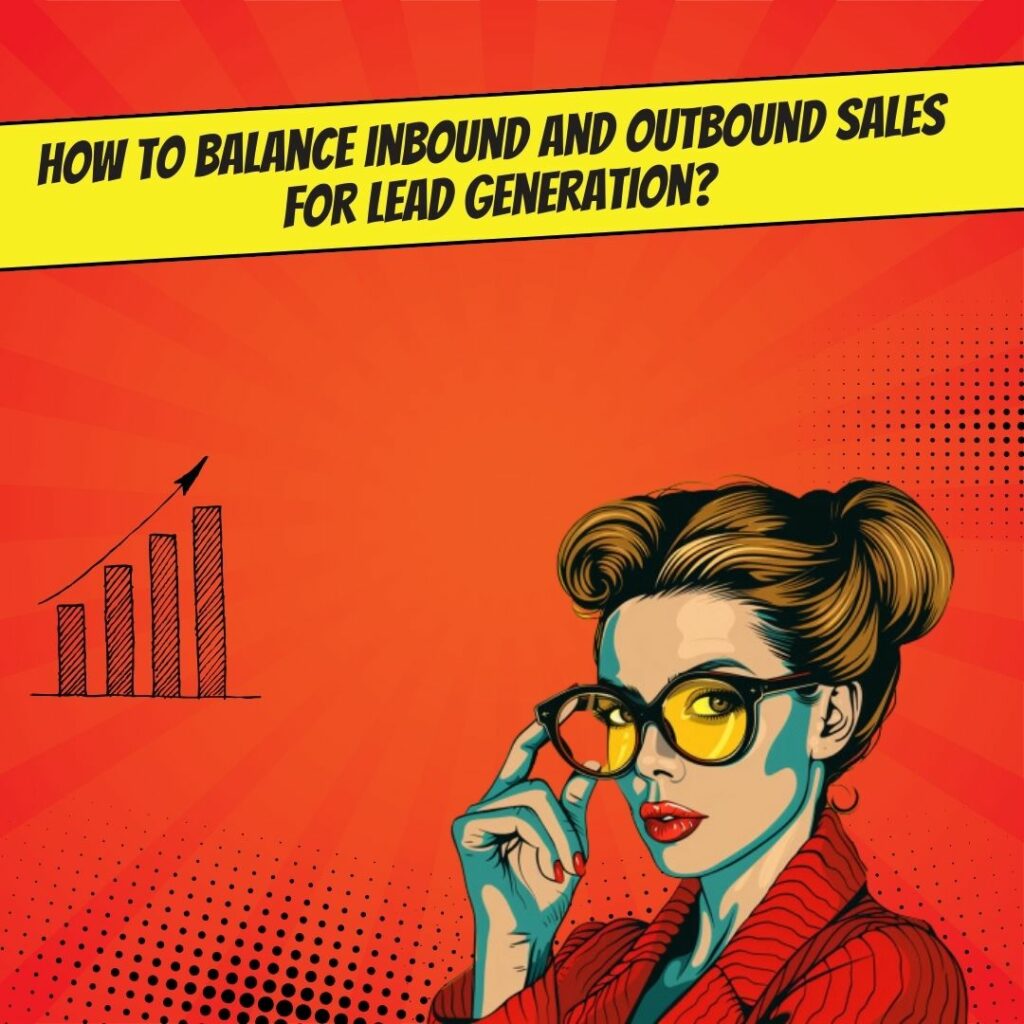
Introduction
Are you wondering if Pay-Per-Click advertising can work for your business? Whether you're steering a startup or running a well-established company, the digital landscape offers you a toolbox of opportunities to propel your sales and visibility – and at the forefront is PPC advertising.
Seeing is believing, and this article is a treasure trove of industry examples and success stories. It's an inspiring roundup showcasing how tailored PPC campaigns have become critical in maximizing revenue and ensuring a healthy Return on Ad Spend (ROAS). From the precision targeted campaigns of financial services to the visually rich ads in e-commerce, PPC is clearly more than just a buzzword—it's a game-changer.
Prepare to dive into the transformative world of PPC, where every click holds the potential for growth and every strategy is an opportunity to outshine competitors. Stay tuned as we unveil practical, actionable insights and groundbreaking information that could redefine the playing field for your business.
Top Statistics
| Statistic | Insight |
|---|---|
| 65% of small to mid-sized businesses have a PPC campaign. | This shows a significant adoption rate, emphasizing PPC as a core strategy for reaching customers in today's digital-first marketplace. |
| Businesses make $2 for every $1 spent on PPC. | A promising return on investment (ROI), highlighting PPC's role in driving growth and profitability for businesses. |
| 39% of advertisers’ budgets are allocated to paid search. | This statistic underscores the importance advertisers place on PPC, suggesting a firm belief in its effectiveness for customer acquisition. |
| Purple, the mattress company, saw a 22% increase in consideration after using Google Ads. | An example of how targeted PPC campaigns can significantly boost a brand's market presence and potentially lead to an uptick in sales. |
| $190.5 billion is the projected amount companies will spend on search advertising globally in 2024. | This projection speaks volumes about the confidence businesses have in PPC, anticipating its continued influence in the realm of digital advertising. |
The Financial Services Industry
Financial services companies, such as banks, insurance providers, and investment firms, have turned to PPC advertising as a dynamic method for engaging prospective clients. With the surge of digital services and apps for managing money, these companies are in a race to appear at the top of search engine results. PPC campaigns give these institutions the leverage to bid for visibility exactly where their future customers are looking: at the moment they need financial advice, want to open an account, or are considering an investment. It's reported that the finance industry is one of the largest spenders in digital advertising, with an astonishing $12.77 billion projected for U.S. digital ad spending in 2021 alone. This underscores not only the popularity but the perceived importance of PPC within the sector.
The Legal Industry
In the legal industry, firms are constantly in pursuit of new clients and PPC advertising offers a powerful beacon to guide them in. By focusing on specific search terms related to their services, lawyers ensure their ads are seen by those in immediate need of legal representation or advice. The targeting capabilities of PPC allow for ads to appear in relation to highly specific and often local search inquiries, such as 'personal injury lawyer in Chicago'. For many law firms, PPC is a game-changer, as it affords them the opportunity to connect with their potential clients at a critical decision-making point, bridging the gap between service providers and those requiring counsel.
The Retail Industry
Retail businesses, both big and small, have found a reliable ally in PPC advertising for driving interested shoppers to their online stores. By crafting ads that align with the specific products people are searching for, retailers place themselves in plain sight of ready-to-buy consumers. It's more than just being seen; PPC allows for sophisticated strategies like retargeting, where ads are shown to users based on their previous internet behavior. This increases the chances of capturing sales from customers who showed interest but left without purchasing. With statistics revealing that for every $1 spent on Google Ads, businesses make an average of $2 in revenue, it's clear why the retail industry continues to bet heavily on PPC.
E-commerce Businesses
E-commerce companies are on an incessant quest to cut through the noise and reach consumers. PPC advertising serves as a precise and scalable way to enhance brand awareness and direct potential customers to their products. The beauty of PPC for e-commerce lies in its traceability and the ability to adjust tactics based on data-driven insights. Analytics help in understanding which ads perform best, informing better decision-making and budget allocation. The immense growth in e-commerce – with U.S. e-commerce sales expected to reach $740 billion by 2023 – indicates a corresponding rise in the adoption of PPC strategies tailored for this digital landscape.
Small Businesses
For small businesses, PPC advertising represents a gateway to compete effectively in a crowded marketplace. It provides a platform where they can reach a specific audience without the necessity of a colossal budget. Local targeting, clear analytical insights, and the ability to start, pause, or stop campaigns offer these ventures unparalleled control over their marketing spend. A survey from Clutch found that 45% of small businesses invest in PPC advertising. This investment reflects the attractive nature of PPC, where even the smallest company can measure the direct impact of their advertising efforts and iterate swiftly to match their business objectives.
AI Marketing Engineers Recommendation
Recommendation 1: Leverage PPC Advertising in E-commerce to Boost Sales During Peak Shopping Periods: E-commerce businesses witness significant growth by harnessing the power of PPC during high-traffic events like Black Friday, Cyber Monday, and other holiday seasons. Statistics show a considerable uptick in conversion rates during these periods. Craft campaigns with a blend of search and display ads to target active shoppers, utilizing keyword trends and seasonal offers. With Google reporting that 70% of holiday shoppers are influenced by promotions or sales, tailoring your PPC ads to highlight discounts can drive substantial sales.
Recommendation 2: Employ PPC Advertising in The Service Industry to Achieve Local Prominence: Service-based businesses like plumbing, HVAC, or legal services can gain immense value from localized PPC campaigns. By focusing on geo-targeting and 'near me' search queries, these businesses can maximize their visibility to potential local clients. Current trends show a rise in mobile searches with local intent, indicating that an optimized PPC strategy for local search can be highly effective. Incorporating customer reviews and ratings in your ads can increase click-through rates as consumers often rely on trust signals before engaging a service.
Recommendation 3: Utilize Automation and AI Tools for Optimizing PPC Campaigns: Embrace technological advancements by implementing AI and machine learning tools for PPC campaign management. These tools can analyze massive data sets quickly to optimize bidding strategies, ad placements, and ad copy in real-time. According to a report by Salesforce, high-performing marketers are using AI at a rate of 2.2 times greater than underperformers, showing a significant competitive edge. Tools like Google Ads' Smart Bidding and responsive ads are examples where AI can help businesses dynamically adapt their PPC campaigns for better performance and ROI.
Relevant Links
- Unlock the Power of PPC for Your Financial Services Business
- Innovative PPC Approaches to Connect with Potential Legal Clients
- Supercharge Your Retail Business with Smart PPC Investment
- Maximize Your E-Commerce Strategy Using PPC and Market Insights
- Grasp the PPC Advantage for Your Small Business Growth
Conclusion
From the pulse of Wall Street to the local storefronts, PPC advertising shines as an essential beacon, drawing consumers to the offerings of various businesses. As we've seen, sectors such as the Financial Services Industry and the Legal Industry hitch their growth to well-crafted PPC campaigns, using them as magnets to attract the right audience. It's not just about visibility; it's about finding the person who's already looking for their services.
For the Retail and E-commerce Industries, PPC isn't just a tool, it's the digital storefront display that catches a shopper's eye. With the power to enhance brand presence and push for specific product sales, PPC functions as an intricate part of their customer acquisition and sales strategy. Meanwhile, Small Businesses aren't left behind; they perhaps have the most to gain from PPC. With budgets that don't stretch to the horizon, the cost-effectiveness and measurable nature of PPC help them stand tall against larger competitors.
In an era where every click holds value, every business – big or small – finds a friend in PPC advertising. The successes we've looked at don't just tell success stories; they're invitations to write your own. It's a landscape where strategic investment meets measurable return, and where companies can speak directly to those seeking exactly what they offer. So, whether you're just getting started or looking to refine your approach, consider how PPC might elevate your business story and connect you with the right audience at the right time. Isn't it time to see where a click can take you?
FAQs
Question 1: What is PPC marketing?
Answer: PPC marketing, or pay-per-click marketing, is like a digital highway billboard. You, the advertiser, only fork out cash when someone's interest is piqued enough to click on your ad. It's all about getting those digital footfalls to your virtual doorstep.
Question 2: How does Google AdWords work?
Answer: Think of Google AdWords as an auction house. You've got your eye on that prime ad spot, and you bid for it. But here's the kicker – you only pay up if someone clicks on your ad. So, bid wisely!
Question 3: What is the actual cost per click?
Answer: The reality of cost per click is a bit like poker; you don't see everyone's cards. You bid, the auction runs, and you might end up paying less than you were willing to throw down. You only need to outbid the advertiser one notch below you, not empty your pockets.
Question 4: Why is PPC an essential part of online advertising?
Answer: Imagine wanting to be seen in the crowded online marketplace. PPC is your spotlight. It's fast, it's targeted, and it can jet-propel your message to the folks who are most likely to buy, click, or sign up.
Question 5: How do you structure a PPC account?
Answer: Getting your PPC account's structure right is like organizing your closet. You want your campaigns, ad groups, and keywords sorted so you can find what you need and change outfits – or in this case, ads – without a hitch.
Question 6: How do you research and select keywords for a PPC" campaign?
Answer: Keywords are your treasure map for PPC. To find the X that marks the spot, you use tools like Google Keyword Planner or SEMrush. Picking the right keywords is like choosing the right fishing spot; it makes all the difference between a great catch and going home empty-handed.
Question 7: How do you measure the success of a PPC campaign?
Answer: Measuring your PPC campaign's success is like checking your vital signs. You need to monitor your conversion rates, cost per conversions, return on ad spend, and click-through rates. These KPIs are your campaign's pulse – keep an eye on them!
Question 8: How do you optimize a PPC campaign?
Answer: To fine-tune your PPC campaign, you need to be nimble – adjust bids, tweak ad copies, and play around with targeting options. It's like being a DJ at a party; keep mixing until you get the vibe just right.
Question 9: What are ad extensions, and how do you use them?
Answer: Ad extensions are your ad's accessories, giving it more flair and function. They're like adding a GPS, a phone number, or snippets of useful info that make your ad stand out and serve better in the SERPs. Use them wisely to level up your ad's appeal.
Question 10: How do you use conversion tracking in a PPC campaign?
Answer: Conversion tracking is your detective hat in PPC. You're tracking the footprints of every user that clicked on your ad to see what actions they took. Did they buy? Sign up? Call? It's how you measure your ad's clout.
Academic References
- Krejčová, K., & Souchová, N. (2018). Czech SMEs and the Effectiveness of Their PPC Advertising. Central European Business Review, 7(3), 19-35. This study closely examines how small and medium-sized businesses in the Czech Republic utilize PPC advertising. The researchers dive into the advantages of targeted campaigns and stress the need for measuring outcomes to understand the real impact of PPC investments.
- Marešová, P., & Krejcar, O. (2019). Google Ads Campaigns in Promotional Activities of Theaters. Journal of Tourism and Services, 10(19), 118-132. This research analyzes the adaptation of Google Ads in the theatrical world, revealing the possibilities for the cultural sector to attract niche audiences and boost promotional endeavors through PPC advertising strategies.
- Kozel, R., Myslivcová, S., & Firgauová, V. (2020). Assessment of Efficiency of Psychological Mechanisms of Influence in Social Advertising. Scientific Papers of the University of Pardubice, Series D: Faculty of Economics & Administration, 28(1), 150-161. Exploring social advertising, this paper focuses on psychological triggers within PPC ads and how they affect consumer attitudes and purchasing decisions, delving into the complexities of consumer online behavior.
- Hollensen, S., & Ramanathan, U. (2014). Exploring the Effects of Pay-Per-Click Advertising for Large Corporations vs. Start-ups. Journal of Applied Management and Entrepreneurship, 19(4), 36-50. This comparative study investigates the differential use and effects of PPC campaigns between established corporations and emerging start-ups, clarifying how each can leverage PPC for their respective strategic advantages.
- Alhyasat, K. M. (2012). The Effect of Using Pay Per Click Advertisement on Online Advertisement Effectiveness and Attracting Customers in E-marketing Companies in Jordan. International Journal of Business and Social Science, 3(14), 41-53. In this Jordanian context, the study inspects the role of PPC in the amplification of online presence for e-marketing firms, emphasizing targeted advertising's centrality to customer acquisition and ad effectiveness.
- Yin, R. K. (2016). Pay-Per-Click Advertising: A Literature Review. Asian Journal of Research in Marketing, 5(10), 18-29. With an analytical overview, this literature review unifies various pieces of research on PPC. It addresses the method's strengths and shortcomings and speculates on the directions for future study within the realm of digital advertising.
